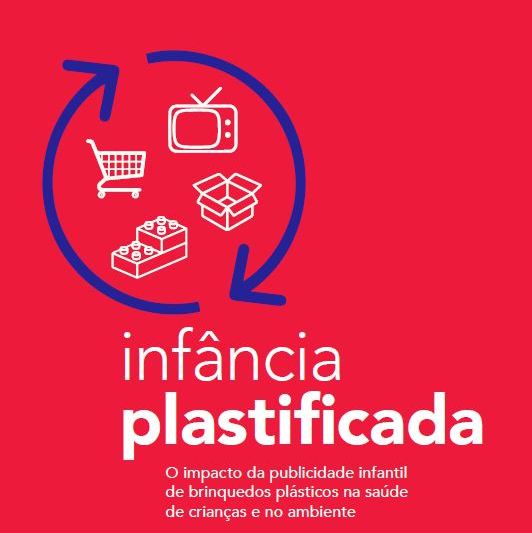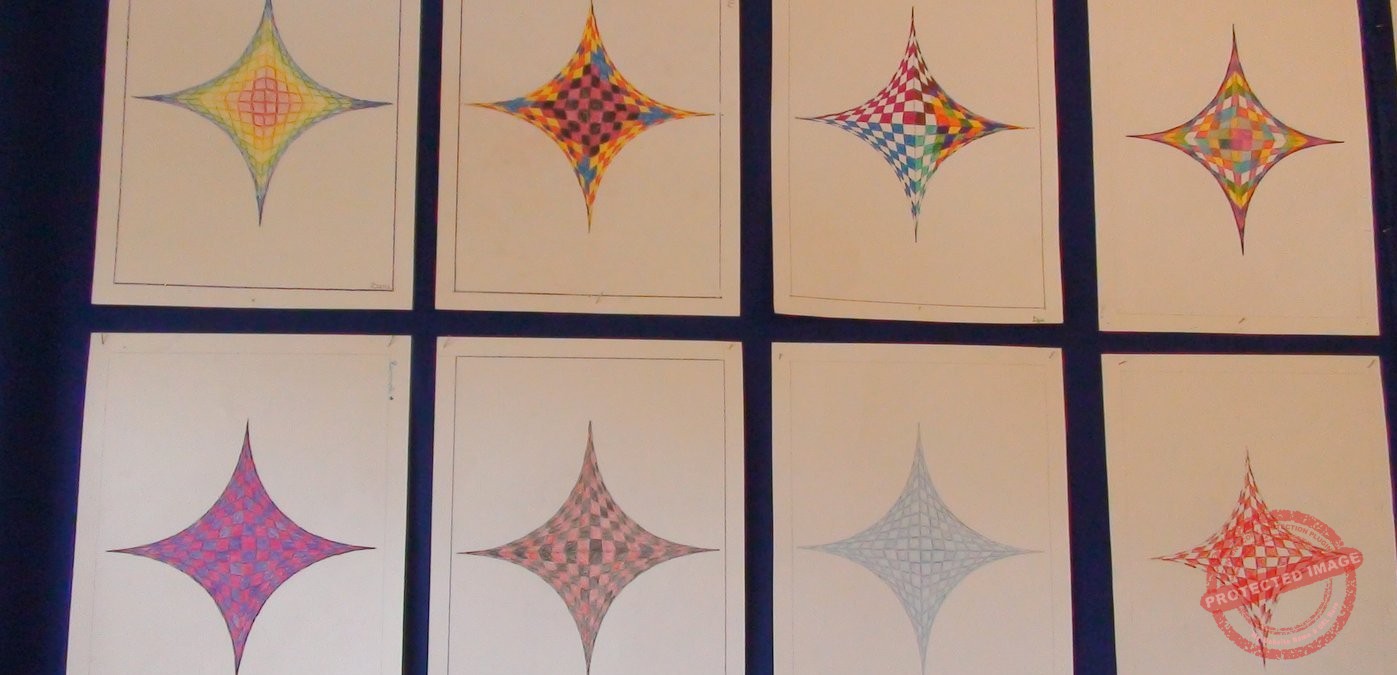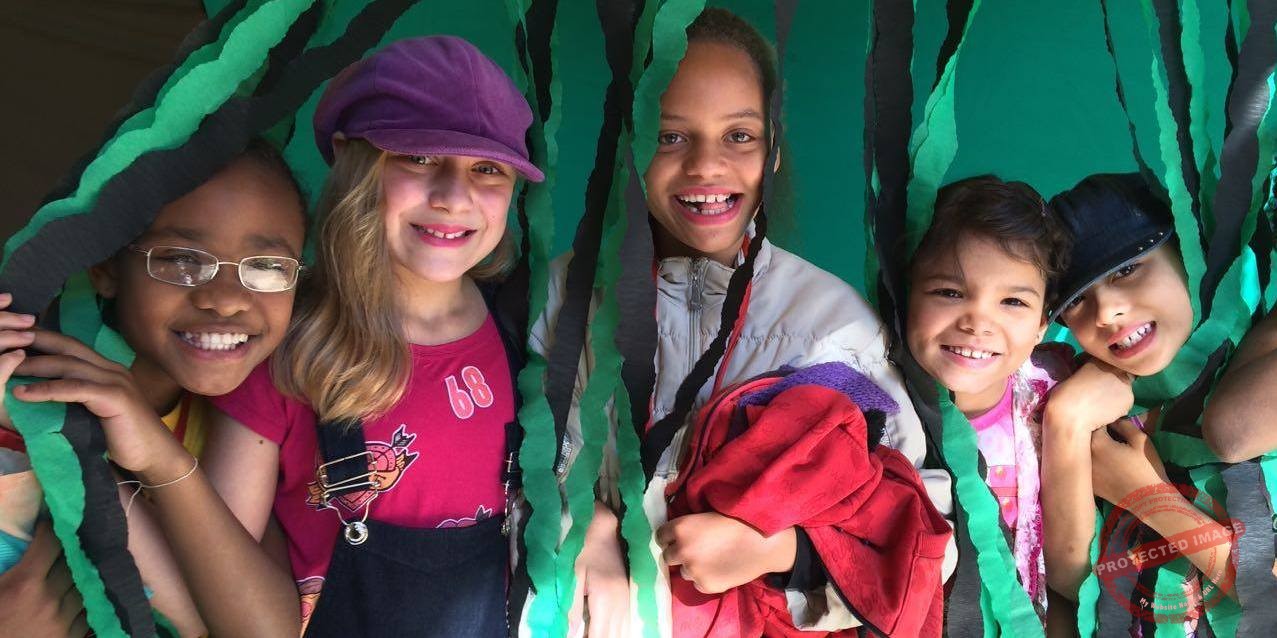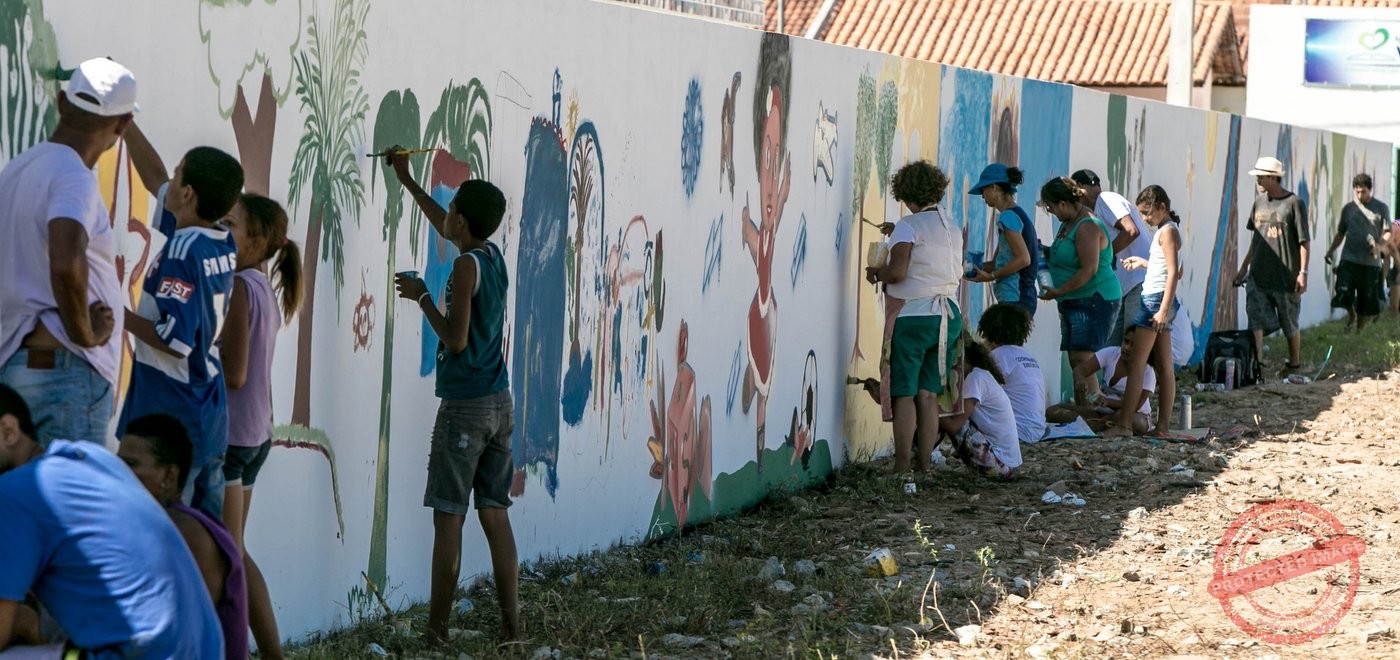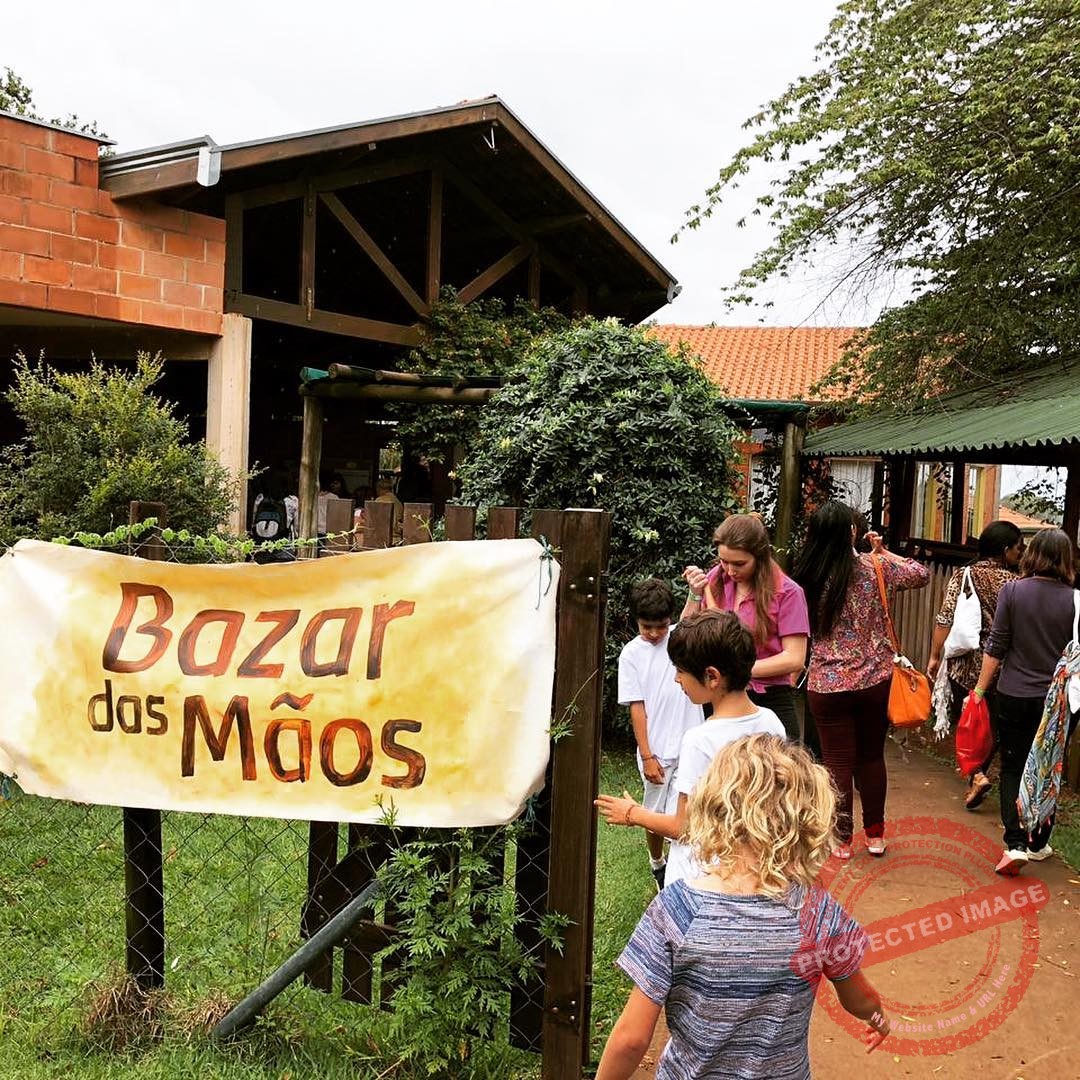[print-me target="body"]
Speech by Rubens Salles, representative of the Ruth Salles Institute, at the Solemn Session in honor of 100 years of Waldorf Pedagogy, which took place at the Ulisses Guimarães Auditorium, in the National Congress, on 11/28/2019.
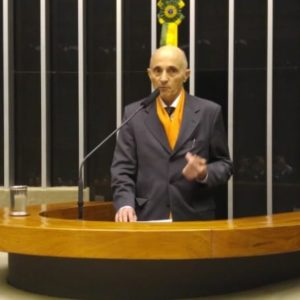 Good morning everyone! I would like to thank Exma. Representative Érika Kokay, teacher Luana Angélica Pimentel and the entire Txai Movement team for the honorable invitation to participate in this solemn session, and I greet all the members of the panel.
Good morning everyone! I would like to thank Exma. Representative Érika Kokay, teacher Luana Angélica Pimentel and the entire Txai Movement team for the honorable invitation to participate in this solemn session, and I greet all the members of the panel.
The objective of the Ruth Salles Institute is to contribute to humanizing and improving the quality of education in Brazil by disseminating Waldorf Pedagogy, its principles and practices, and supporting its adoption in public schools.
This year we conducted a survey with public schools that already adopt this pedagogy, and that's when I got to know the beautiful work done by the Txai Movement team, which since 2012 has been fighting to create a public Waldorf school here in Brasília. Article 206 of our Constitution establishes that “teaching will be provided based on the pluralism of pedagogical ideas and conceptions”. Some public managers have already been willing to comply with this right that Brazilian society has, and we hope that they will serve as an example for others.
In this research, I interviewed more than 90 people, including managers, teachers and parents, and all were happy with the schools. And do you know why? Because the children were happy in these schools!
In them, each child is seen as an individual who must be supported and encouraged so that they can develop their full potential, while always respecting their maturity. Nowadays, unfortunately, they try to accelerate this process, as if early childhood education, for example, were a competition to see which child learns to read first. Thus, the opportunity for the child to be able to really live his childhood in the most healthy way is wasted.
At Waldorf school, in early childhood children play freely, paint, draw, do crafts, help prepare snacks, help tidy the room, sing, learn to make bread, work in the garden and do many other practical activities. It is the pedagogy of DOING. No child is static in front of a television at school. Then they come home wanting to help their parents with the housework, and everyone is amazed! This pedagogy manages to bring parents closer to the school and strengthen the bond between parents and children and between the children themselves. Nowadays, parents have lost much of this ability to be a family, and a humanized school helps to bring about this reunion.
In these schools, the contents are always permeated by artistic activities, as art is confused with pedagogy itself. When a child makes a painting or a sculpture, his individual will is being developed, and when he performs a play or sings together with his peers, his sociability is what walks through art.
Early intellectualization and an exclusive focus on cognitive learning are at the root of conventional school failure. According to INEP, around 828,000 students dropped out of public basic education in 2018.
The quality of education, considered as the commitment to promote the development of the student as a complete human being, who thinks, is sensitized, relates and acts in the world, is only sustained by the competence, autonomy and dedication of its teachers. No textbook, computer or technical resource can replace the quality of the human relationship between a teacher who is prepared, motivated and enthusiastic about his work, and his students. Nothing replaces the spoken word that goes from one human being to another. Training in Waldorf Pedagogy gives the educator the ability to carry out this work, aware that he will need to update and self-educate himself throughout his professional life.
Educating future generations is the main task of humanity. It is essential that we train young people with autonomy to decide their own destiny, with the capacity to overcome the appeals of consumerism and to act creatively in favor of a more just, fraternal and sustainable world. It is necessary to make this increasingly technological world become more and more human, and Waldorf Pedagogy can certainly make a great contribution to this.
Thank you very much!
Rubens Salles
To watch the entire ceremony watch the video below:
***


